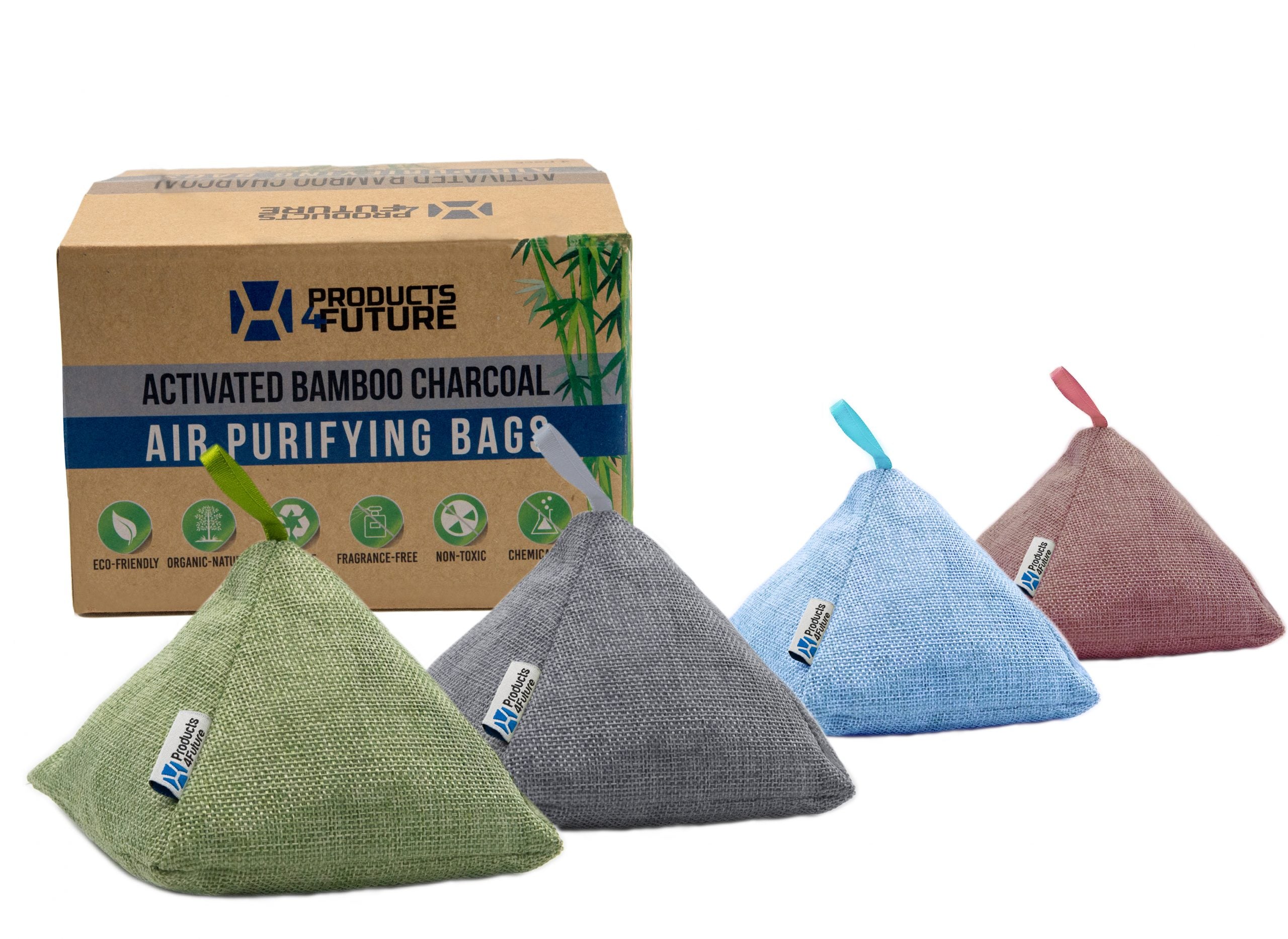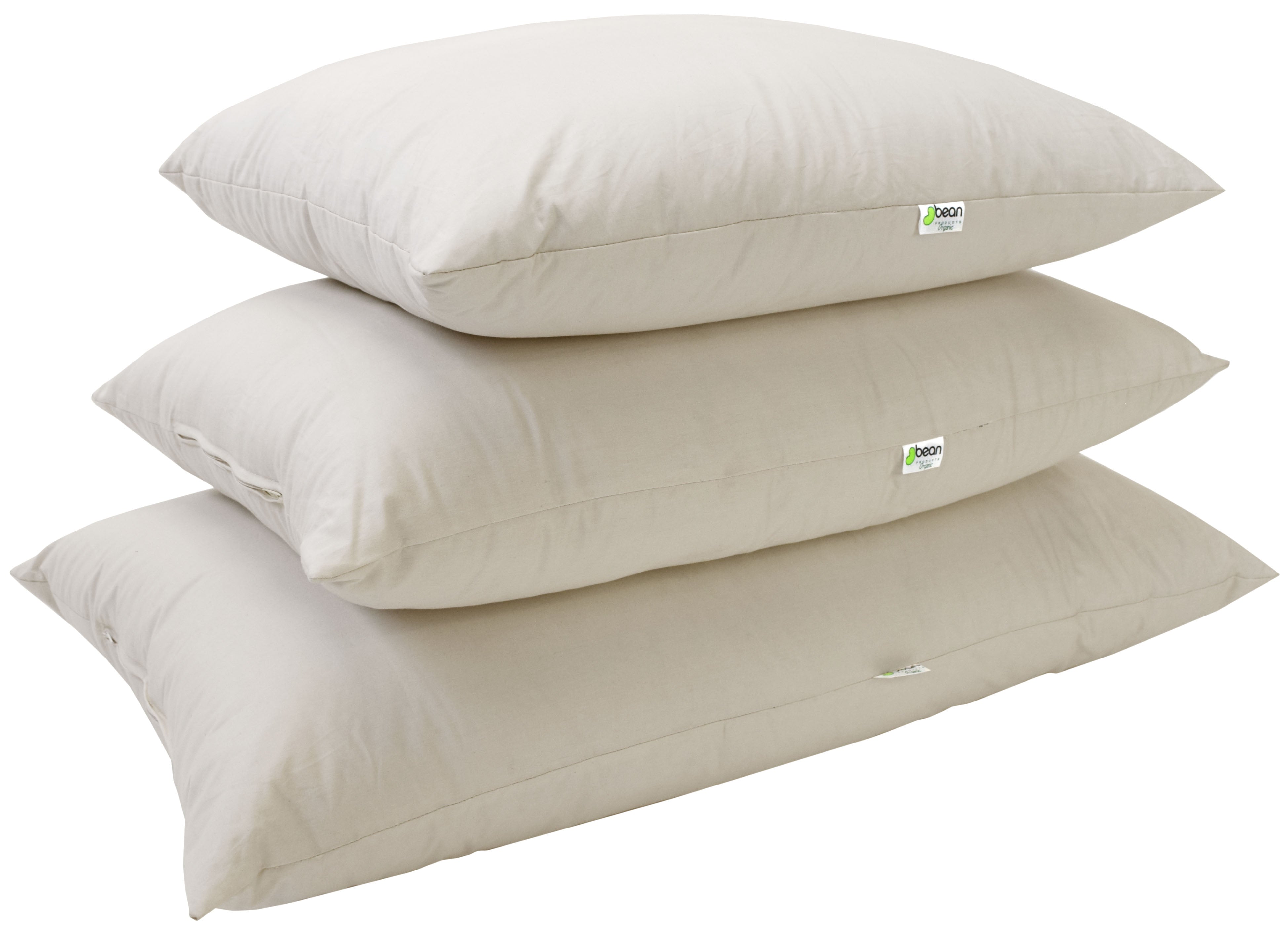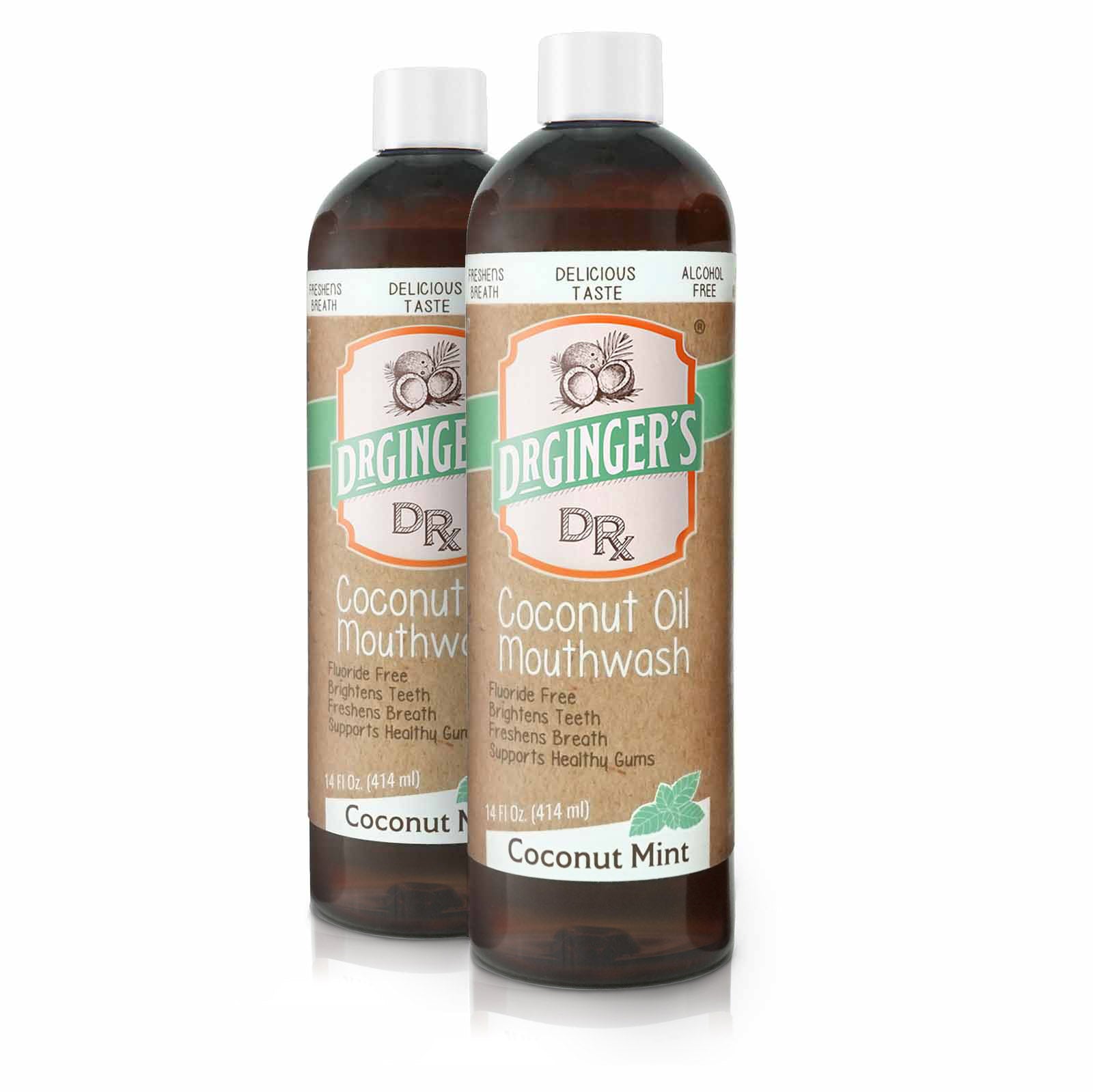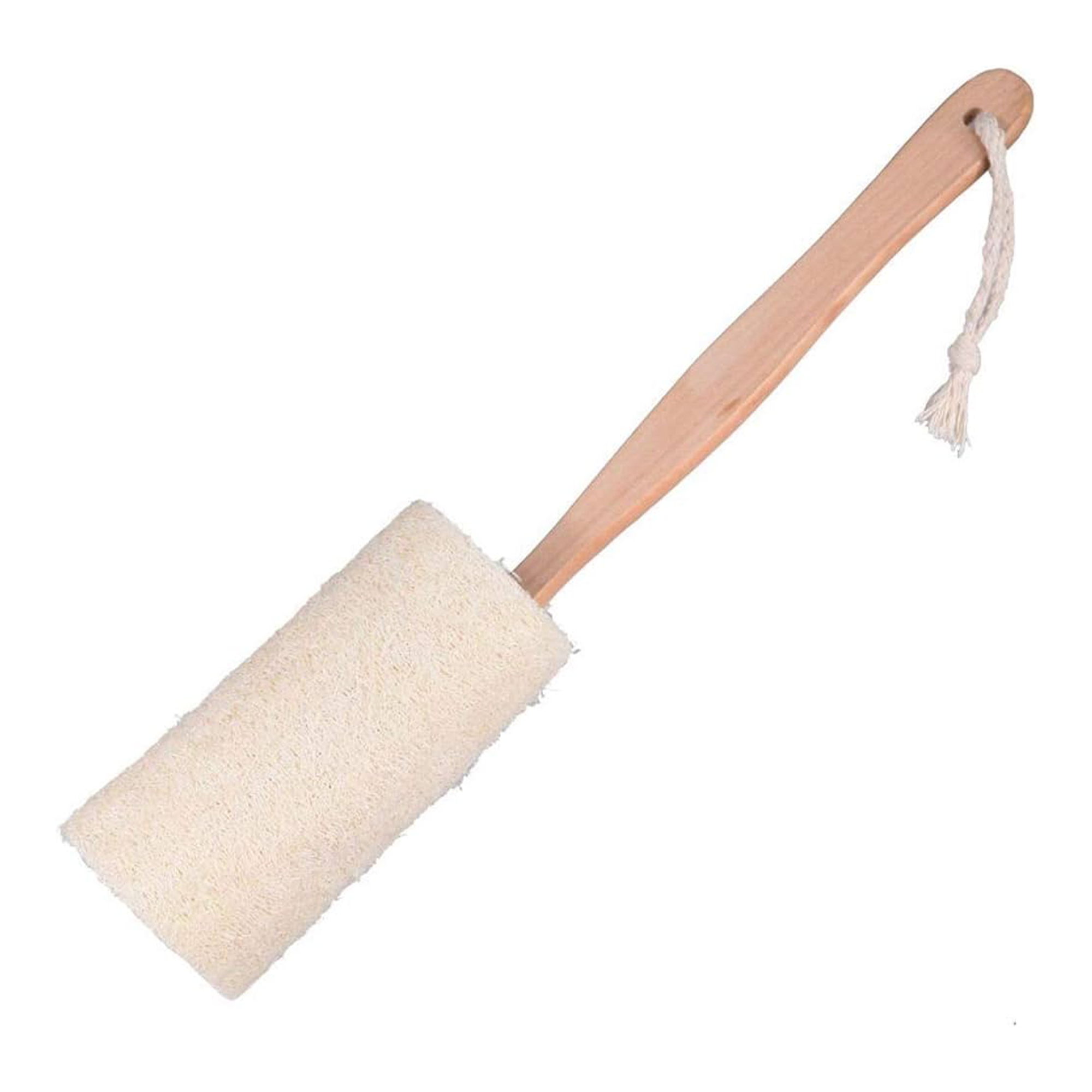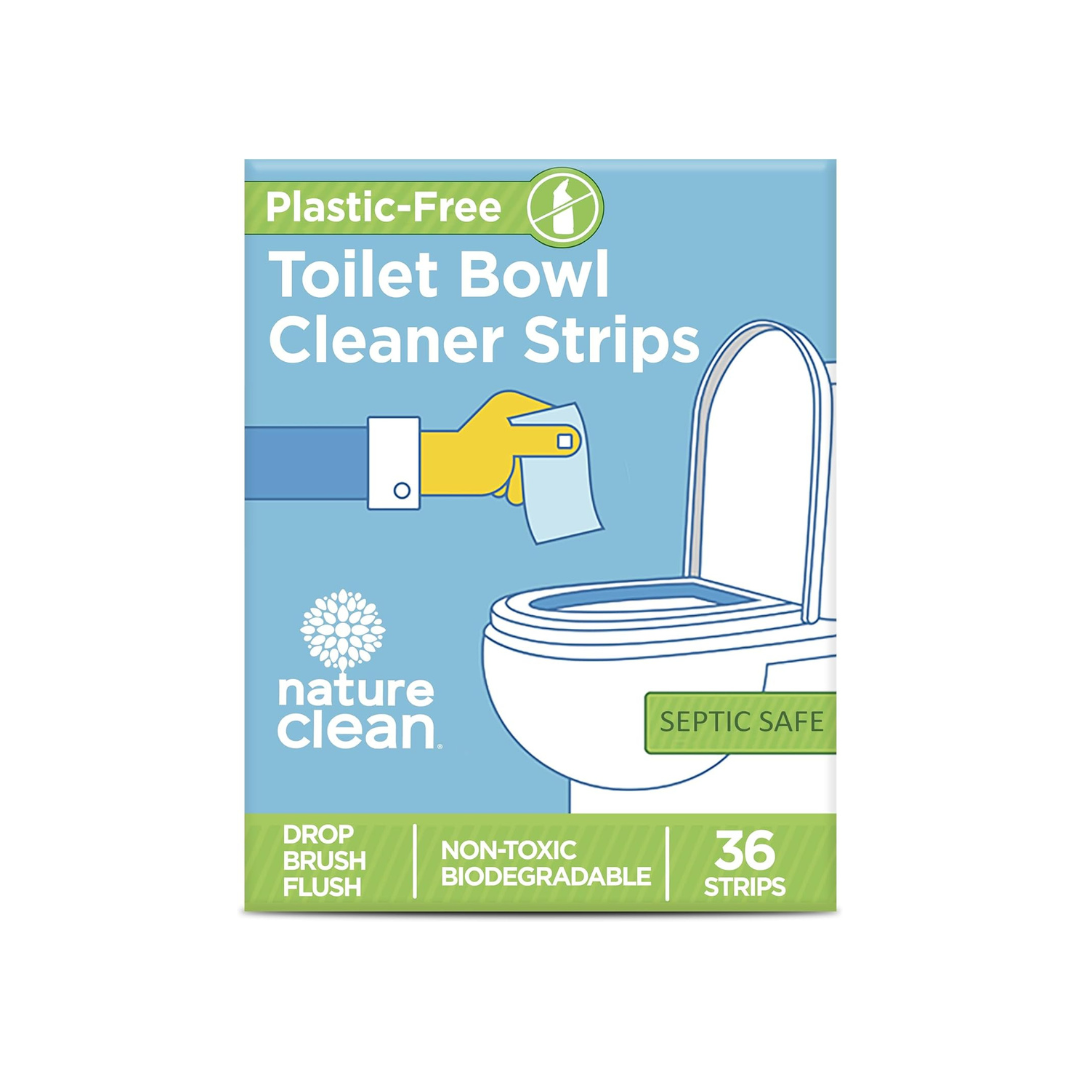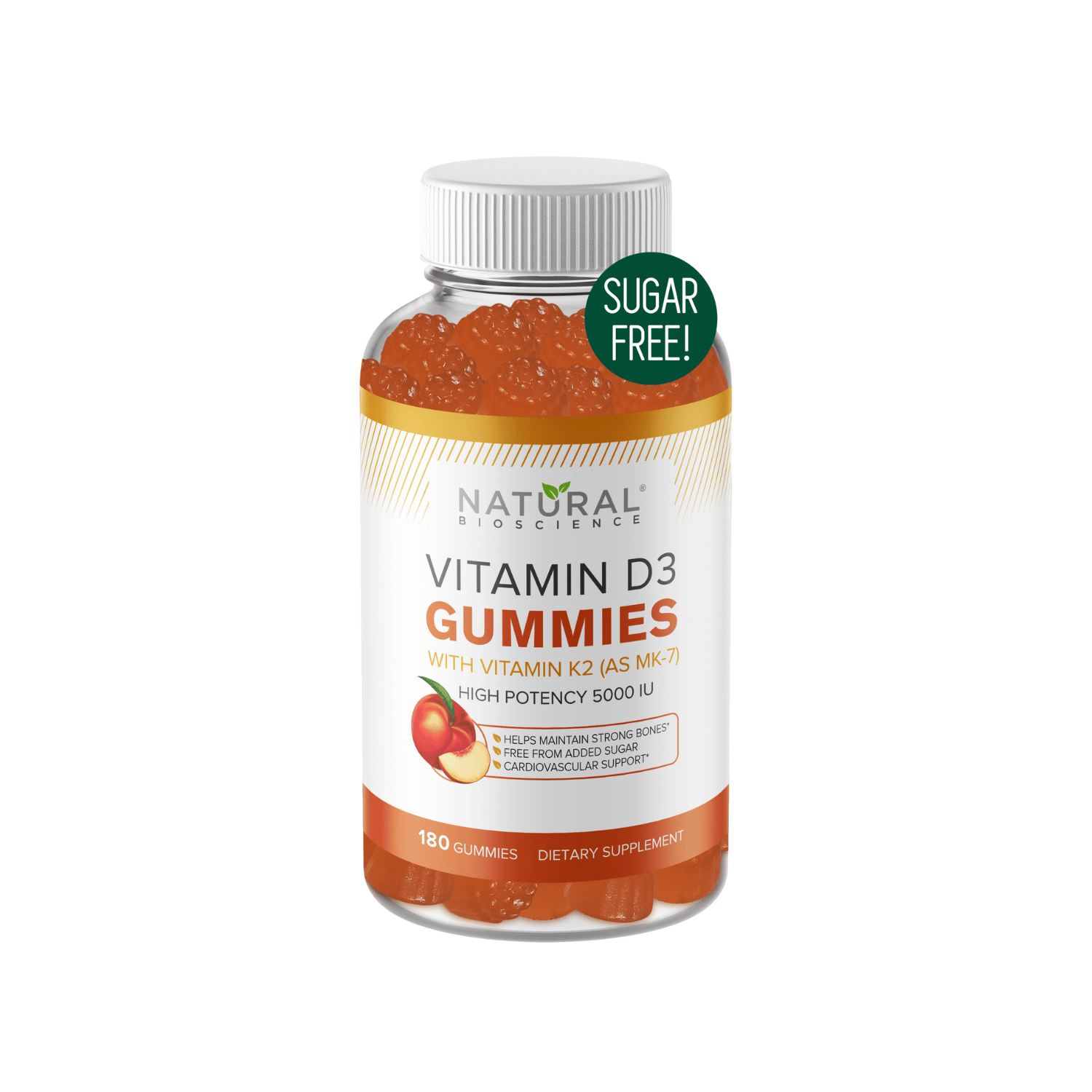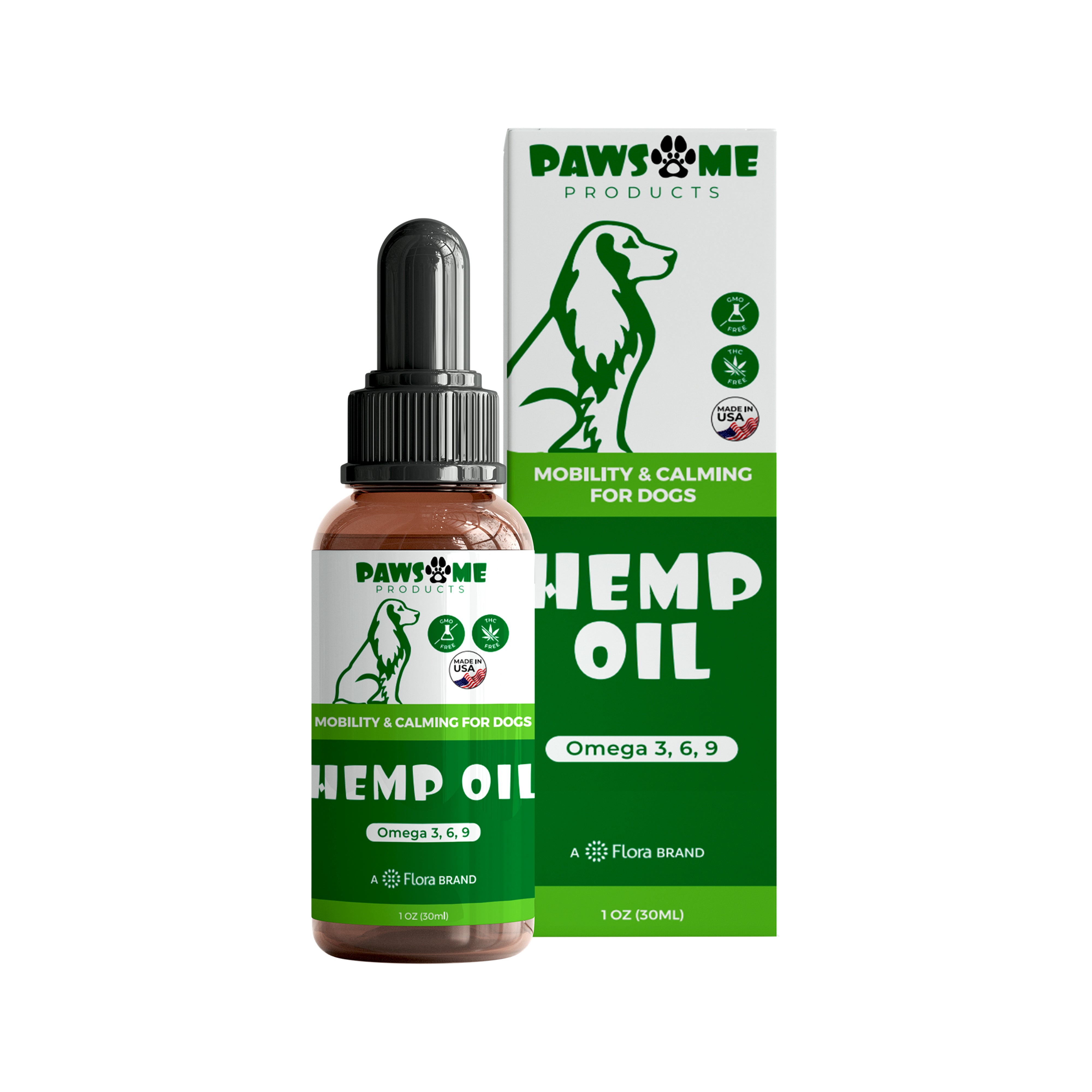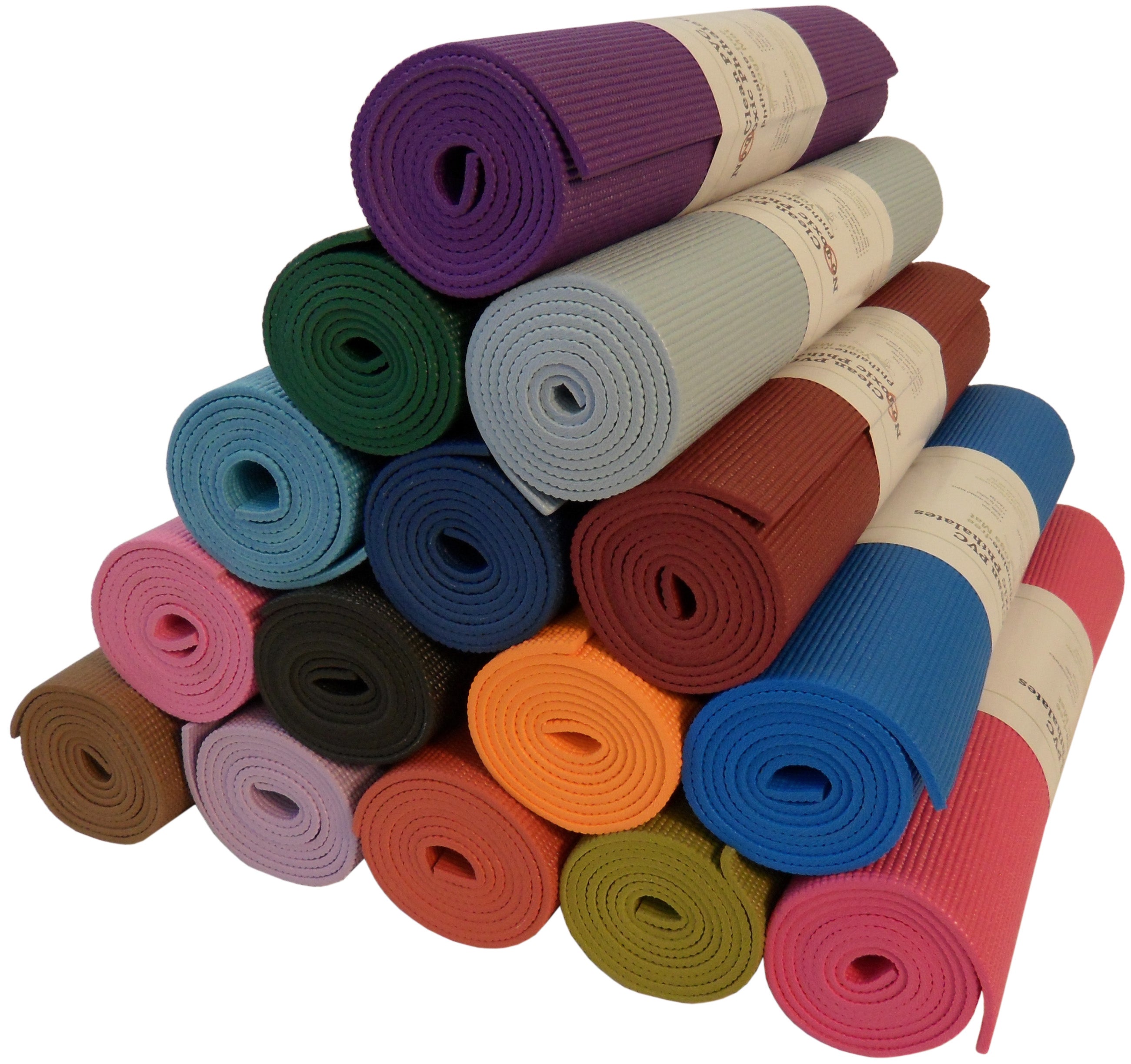Welcome to the world of DIY organic skincare, where sustainability, personalization, and safety are at the forefront. Embracing homemade skincare routines not only allows you to understand what goes onto your skin but also ensures that you're using eco-friendly products that benefit both your health and the environment.
-
Sustainability: By choosing DIY organic skincare, you reduce your carbon footprint by minimizing the use of commercially produced products, which often come with excessive packaging and potentially harmful chemicals.
-
Personalization: One of the greatest benefits of DIY beauty treatments is the ability to tailor products to your specific skin needs and preferences. Whether you have dry, oily, or sensitive skin, homemade formulations can be adjusted to suit your unique skin type.
-
Safety: Using natural skincare solutions ensures that you are applying only safe, non-toxic ingredients to your skin, aligning with a holistic approach to health.
Explore more about the environmental and personal benefits of adopting eco-friendly practices in our blog post, Sustainable Living Guide #1: Basics of Sustainability.
Understanding Organic Ingredients and Their Benefits
What Makes an Ingredient "Organic"?
The term organic refers to how ingredients are grown, produced, and handled. Organic ingredients are cultivated without the use of synthetic pesticides, genetically modified organisms (GMOs), and other artificial additives. Utilizing these ingredients in your skincare ensures that you're not exposing your skin to potential irritants or harmful substances.
Key Organic Ingredients for Radiant Skin
Organic ingredients are not only safer but often more effective in delivering the nutrients your skin needs to maintain its health and vitality. Here are some key ingredients that are celebrated for their benefits:
-
Oils:
-
Coconut oil: Hydrates and repairs the skin barrier.
-
Almond oil: Rich in Vitamin E, nourishes and softens.
-
Jojoba oil: Mimics the skin's natural oils, providing deep moisturization.
-
-
Essential oils:
-
Lavender: Soothes skin and reduces inflammation.
-
Tea tree: Offers antibacterial and antiseptic properties.
-
Rosemary: Improves circulation and rejuvenates skin.
-
-
Other beneficial ingredients:
-
Honey: An antibacterial agent that promotes wound healing.
-
Oatmeal: Calms irritated skin and absorbs excess oil.
-
Aloe vera: Moisturizes and heals skin without clogging pores.
-
Here, consider reading Flora's Top 3 Sustainable Brands on our blog.
Further Reading
To understand the scientific perspective on the benefits of organic skincare, you can refer to studies detailed on National Center for Biotechnology Information with information on "scientific studies on organic skincare benefits".
This section sets the foundation for exploring specific DIY organic skincare recipes that not only aim to enhance your skin's natural glow but also align with an environmentally conscious lifestyle. By choosing to go organic, you are choosing a path that benefits both yourself and the planet.
DIY Organic Skincare Recipes
Transitioning into the practical application of your newfound knowledge, this section provides detailed recipes for creating your own eco-friendly beauty treatments. These sustainable skincare routines harness the efficacy of organic ingredients, delivering radiant skin naturally.
Face Masks for Hydration and Glow
Organic face masks can deeply nourish and revitalize your skin, offering a hydrating boost with every application.
-
Avocado and Honey Mask
-
Ingredients: 1 ripe avocado, 1 tablespoon of organic honey
-
Directions: Mash the avocado in a bowl, mix in the honey, apply to clean skin, and leave for 15-20 minutes. Rinse with warm water.
-
Benefits: Avocados are rich in fatty acids and vitamins E and C, which moisturize the skin while honey's antibacterial properties help to clear impurities.
-
-
Oatmeal and Yogurt Soothing Mask
-
Ingredients: 2 tablespoons of ground oatmeal, 1 tablespoon of organic yogurt, 1 teaspoon of honey
-
Directions: Combine all ingredients to form a paste, apply to the face for 15-20 minutes, then rinse with warm water.
-
Benefits: Oatmeal calms inflammation and absorbs excess oil, while yogurt's lactic acid works as a gentle exfoliator.
-
Exfoliating Scrubs for Smooth Skin
Homemade scrubs effectively remove dead skin cells, promoting the renewal of skin surface for a smoother, fresher appearance.
-
Coffee and Sugar Scrub
-
Ingredients: 1/4 cup ground organic coffee, 1/4 cup brown sugar, 2 tablespoons coconut oil
-
Directions: Mix all ingredients together, apply in a circular motion during a shower, and rinse off.
-
Benefits: Coffee increases circulation and has anti-inflammatory properties, while sugar granules exfoliate gently.
-
-
Green Tea and Honey Scrub
-
Ingredients: 1 tablespoon green tea leaves, 1 cup white sugar, 1/2 cup olive oil, 1 tablespoon honey
-
Directions: Mix the green tea and sugar, then blend in the olive oil and honey until cohesive. Use as a body scrub for smooth skin.
-
Benefits: Green tea is an antioxidant powerhouse, and honey is a natural humectant that moisturizes the skin.
-
Toners and Moisturizers for Balanced Skin
Toners and moisturizers help maintain the skin’s pH balance and provide additional hydration to keep your skin supple and healthy.
-
Cucumber and Aloe Vera Toner
-
Ingredients: 1/2 cucumber, 2 tablespoons aloe vera gel
-
Directions: Puree the cucumber and mix with aloe vera gel. Apply to the face with a cotton pad after cleansing.
-
Benefits: Cucumber refreshes and soothes the skin, while aloe vera hydrates and heals.
-
-
Shea Butter and Almond Oil Moisturizer
-
Ingredients: 3 tablespoons shea butter, 1 tablespoon almond oil
-
Directions: Melt the shea butter gently, stir in the almond oil, and allow the mixture to solidify slightly. Apply to the skin as needed.
-
Benefits: Shea butter deeply moisturizes, and almond oil is rich in Vitamin E, which nourishes the skin.
-
Personalizing Your Skincare Regime
Understanding that each skin type has unique needs, here are some tips for customizing these recipes:
-
For dry skin, increase the amount of moisturizing oils.
-
For oily skin, add ingredients like lemon or tea tree oil for their astringent properties.
-
For sensitive skin, use soothing ingredients like oatmeal or aloe vera to prevent irritation.
FAQs Section
-
What is the best organic ingredient for glowing skin?
-
Ingredients like honey, aloe vera, and coconut oil are renowned for enhancing skin glow due to their hydrating and healing properties.
-
-
How often should I use DIY skincare products?
-
Most DIY skincare treatments can be used 2-3 times a week, depending on your skin’s tolerance and needs.
-
-
Can DIY skincare replace commercial products?
-
For many people, DIY skincare can completely replace commercial products, especially if you're aiming for a more natural skincare routine. However, some may prefer to integrate both, depending on their specific skin concerns.
-
Conclusion
Embrace the journey of creating your own skincare products as part of a sustainable lifestyle. Not only will you see the benefits on your skin, but you'll also contribute positively to the environment. For more insights and tips on sustainable living, don't forget to check Beginner’s Guide to Sustainable Living on our blog.
Discover more about the safety and efficacy of various skincare ingredients by visiting Environmental Working Group and exploring their "safety profiles for skincare ingredients".
By investing time in DIY organic skincare recipes, you're taking an important step toward both personal and planetary health. Happy crafting!




